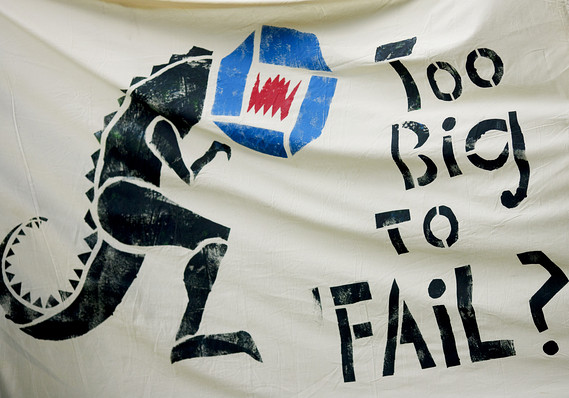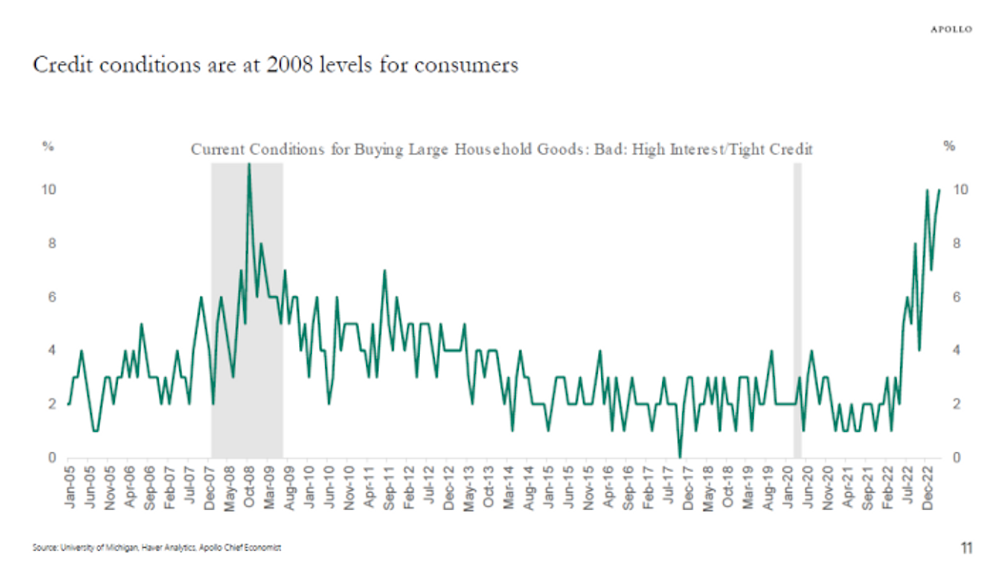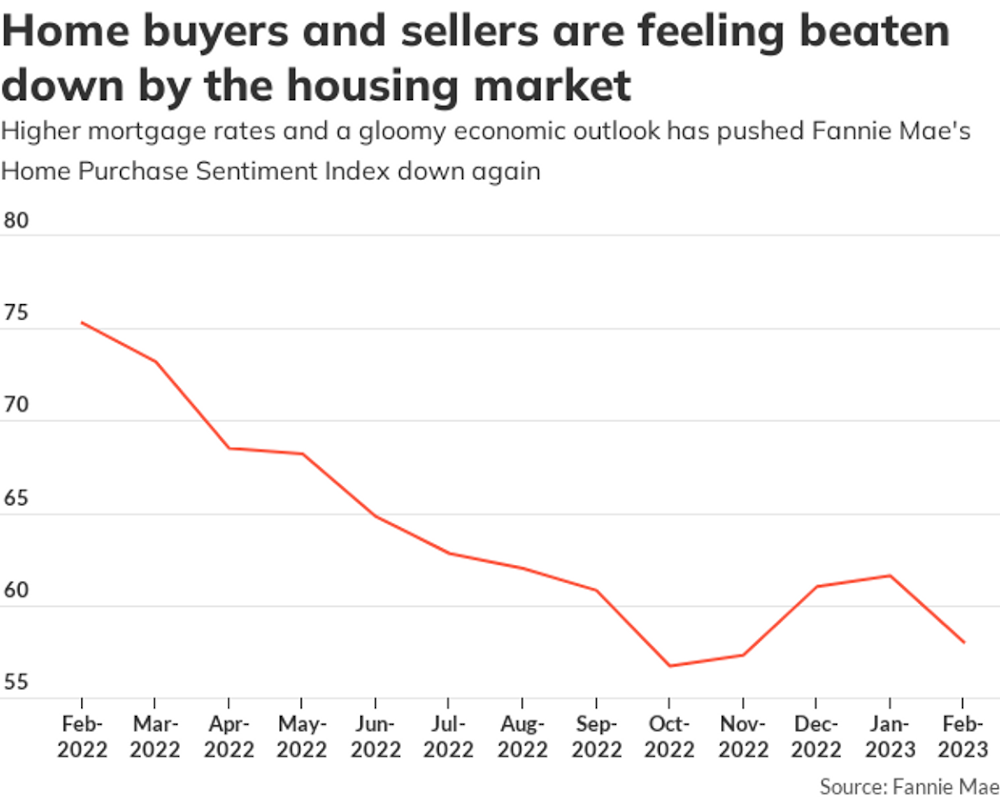The prices of consumer goods in the euro zone fell in January from December at the steepest rate since records began in 2001, a new sign that domestic demand is ailing and will continue to hinder an economic recovery
The weak month-to-month inflation reading could increase pressure on officials at the European Central Bank to take action to support the economy at their next policy meeting on March
Eurostat said the annual rate of inflation was unchanged in January at 0.8%, close to a four-year low and less than half the ECB’s target of a little under 2%
The statistics agency had previously estimated the annual inflation rate at 0.7%
The ECB cut its main interest rate in November to a record-low 0.25% to try to support the region’s economy, but has since held off further action as officials wait to see how a nascent recovery pans out
Slowing inflation has put pressure on the bank to act to boost the economy and ward off the threat of deflation, or outright falls in prices that could cause long-term damage to the economy akin to that suffered by Japan in the 1990s and 2000s.
The weak month-to-month inflation reading could increase pressure on officials at the European Central Bank to take action to support the economy at their next policy meeting on March
Eurostat, the European Union’s official statistics agency, said Monday that consumer prices in the 18 nations that use the euro fell 1.1% in January from December, a record fall driven by sharpest decline in underlying inflation in a year
That “core” gauge of prices, which excludes the relatively volatile prices of energy, food, alcohol and tobacco, dropped 1.7% on the month
The statistics agency had previously estimated the annual inflation rate at 0.7%
The ECB cut its main interest rate in November to a record-low 0.25% to try to support the region’s economy, but has since held off further action as officials wait to see how a nascent recovery pans out
Slowing inflation has put pressure on the bank to act to boost the economy and ward off the threat of deflation, or outright falls in prices that could cause long-term damage to the economy akin to that suffered by Japan in the 1990s and 2000s.




















1 comentario:
LONDON (MarketWatch) -- The European Union will provide Ukraine with an aid package adding up to at least 11 billion euros ($15.1 billion) in loans and grants, European Commission President Jose Manuel Barroso said Wednesday. The EU budget will provide €3 billion in coming years, with another €8 billion from the European Investment Bank and the European Bank for Reconstruction and Development. The support is intended to stabilize the situation in Ukraine, which is under threat of potential military action by Russia. "The most immediate priority for the EU is to contribute to a peaceful solution to the current crisis, in full respect of international law," Barroso said in a statement. "In parallel, the international community should mobilize to help Ukraine stabilize its economic and financial situation. The European Commission is proposing today a package designed to assist a committed, inclusive and reforms-oriented government in rebuilding a stable and prosperous future for Ukraine." The aid package, which also promises development grants adding up to €1.4 billion over the next seven years, will be presented to EU leaders on Thursday at their emergency meeting on the Ukraine crisis.
Publicar un comentario